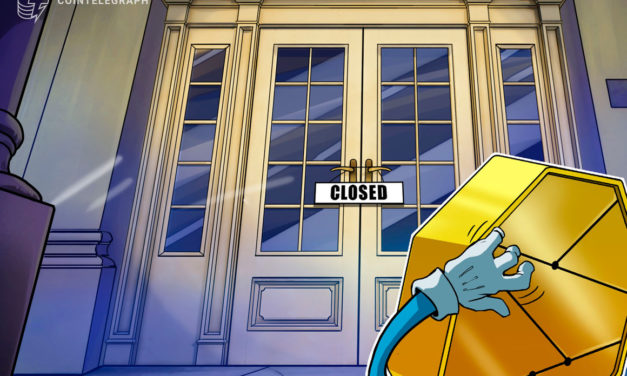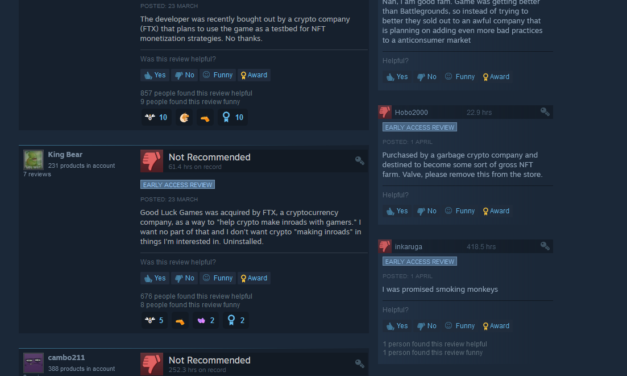Pantera to close Blockchain Fund soon after raising $1.3B — double the target
Crypto hedge fund giant Pantera Capital is set to close a blockchain fund next month that is backed by around $1.3 billion worth of capital. The Pantera Blockchain Fund was announced in May last year, with plans to raise $600 million to invest in early-stage tokens, venture equity, Web3 firms and tokens with strong liquidity. It has since surpassed that target significantly, with the firm revealing last month that the fund had topped $1 billion. The latest $1.3 billion figure was noted during an April 12 investor conference call regarding the company’s new $200 million Pantera Select Fund that will back “growth stage” crypto firms that are ready to generate revenue, as opposed to firms in early funding stages that being sought out via the Blockchain Fund. While a specific closing date for the fund wasn’t detailed, Pantera Capital CEO Dan Morehead suggested it could be in early May: “We’re wrapping up the Blockchain Fund, I think it’s gonna be about $1.3 billion and over the next three or four weeks, and as some of the big institutions that have very detailed due diligence processes wrap up, we will be done with that fund.”Moving forward, Morehead also noted that the company will then shift its focus to closing the Blockchain Fund II 2023, which will “essentially be the same” as the former variation of the fund and look to obtain further deals in the “early-stage private token space, and new deals in the early venture space.” “We will come back with a larger and more diversified and probably longer investment period growth-stage fund, in say 2024,” Morehead added. The Pantera Select Fund is also expected to close in early May with around $200 million worth of capital. The firm stated that the fund will be used to support and scale companies that are already open for business: “The Fund is expected to invest in about 10 companies over the next 18 months or so. We will primarily focus on more mature, revenue-generating companies than our typical Seed and Series A venture investments.”Pantera stated that the fund will invest in firms across multiple crypto sectors such as blockchain infrastructure, nonfungible token (NFT) platforms, Web3 gaming, the Metaverse, exchanges and decentralized finance (DeFi). Related: Hedge fund report says Bitcoin price is ‘at a relatively inexpensive place’In the firm’s April 5 newsletter, the Pantera CEO also stated that the funds will be “smaller, more targeted, and therefore more concentrated than a typical growth fund” as he emphasized his bullishness on having multiple deals already in place: “For the first time in our nine years, we have three very compelling growth-stage deals locked in all at the same time. That catalyzed us to offer a special fund to help Limited Partners gain exposure to these growth-stage deals plus seven to nine more we will invest in over the next year.”We are now -56% below the 11-year exponential growth trend. The markets have rarely been so cheap relative to the trend.Crypto is undervalued in my opinion.More thoughts here: https://t.co/JKVGi8BHwR pic.twitter.com/95F32y6RPc— Dan Morehead (@dan_pantera) April 6, 2022
Čítaj viac






